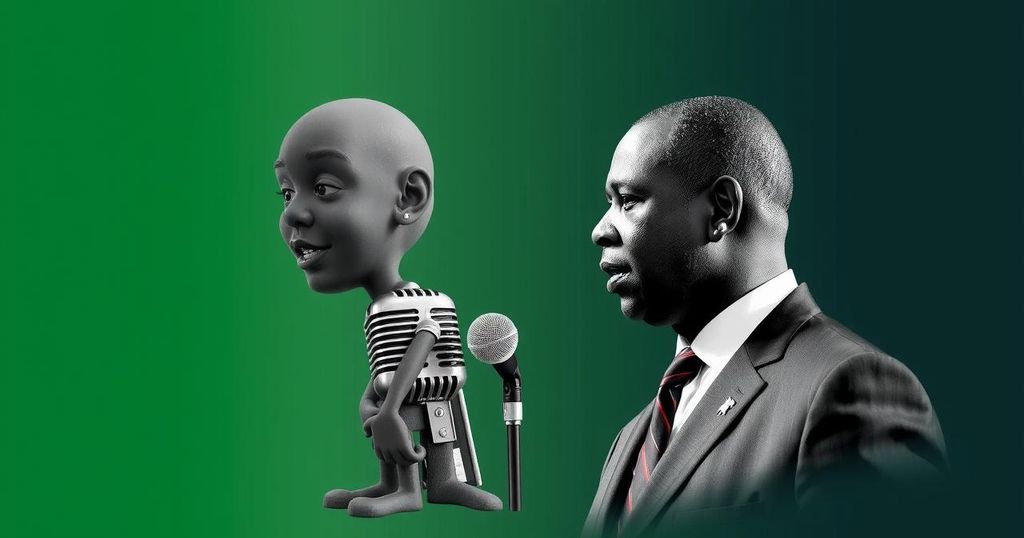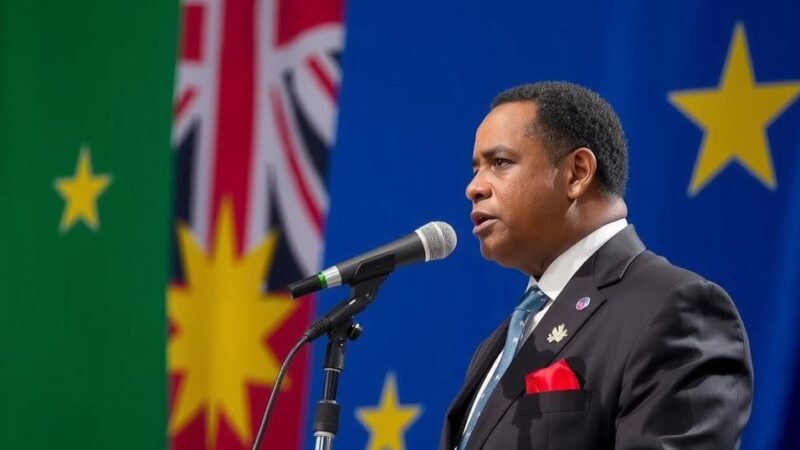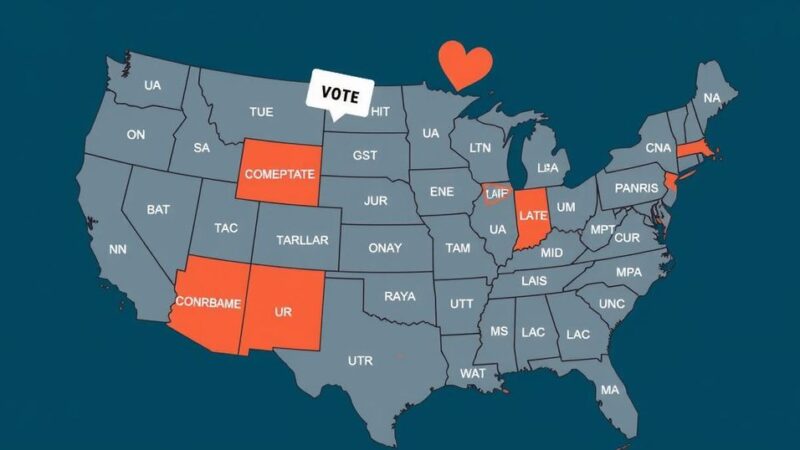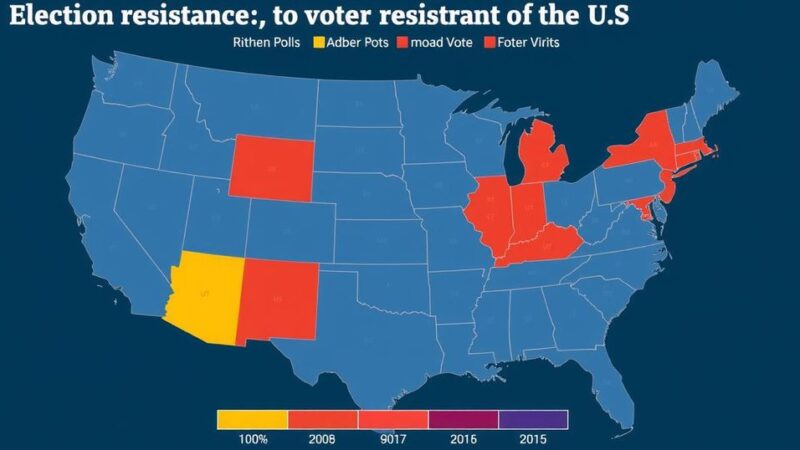The Botswana Democratic Party (BDP) has been unseated by the Umbrella for Democratic Change (UDC) in a surprising electoral shift. Economic discontent, particularly related to declining diamond revenues and high unemployment rates, fueled this change. Duma Boko’s UDC captured 28 out of 61 parliamentary seats, marking a significant shift in the national political landscape. President Masisi admitted to the failures of the BDP, recognizing the need for accountability and change in governance.
In a remarkable political transformation, the Botswana Democratic Party (BDP), which has dominated the nation since its independence in 1966, was ousted from power in favor of the Umbrella for Democratic Change (UDC) led by Duma Boko. This shift signifies a pivotal moment in Botswana’s democratic development, reflecting widespread public dissatisfaction, particularly concerning economic conditions and the BDP’s failure to diversify the economy. The recent elections demonstrate a growing disillusionment among the electorate, leading the UDC coalition to secure 28 out of 61 parliamentary seats, effectively ending the BDP’s long-standing hold. Various factors contributed to this loss, particularly a downturn in the diamond industry, which heavily influences Botswana’s economy, resulting in increased unemployment and heightened frustration among citizens. Despite President Mokgweetsi Masisi’s attempts to reassure voters of his commitment to economic change, many citizens perceived the government’s responses as inadequate. Criticism was directed toward the BDP regarding high unemployment rates, shortages in healthcare resources, and low wages, compelling the populace to seek alternatives. Duma Boko, the newly elected leader, drew on this public sentiment to advocate for change, promising a renewed focus on job creation and economic diversification. His leadership experience, including his previous role as Leader of the Opposition, positioned him favorably to lead the UDC in addressing the pressing concerns facing the nation. Ultimately, President Masisi acknowledged the BDP’s failures, stating, “We got it wrong big time in the eyes of the people.” This recognition may indicate a broader call for accountability in leadership and governance going forward.
Botswana, recognized for its relative political stability and economic prosperity, has experienced a dramatic political shift with the recent electoral defeat of the BDP. The country’s economy has traditionally relied on its diamond resources, which constitute a significant portion of its exports and GDP. However, declining global diamond prices have exacerbated economic challenges, prompting public dissatisfaction with the current administration’s ability to navigate these difficulties. The BDP’s long-standing rule has been marked by its success in managing the economy, but recent trends indicate a need for diversification and a reevaluation of governance strategies to maintain public support and address emerging social issues.
The recent election results in Botswana signify a crucial turning point in its political landscape, with the UDC emerging as the new governing coalition following the BDP’s historical reign. Factors such as economic dissatisfaction, high unemployment, and healthcare accessibility played a pivotal role in influencing voter sentiment. As the UDC takes leadership, there lies an opportunity for addressing the critical issues of economic diversification and job creation, essential for meeting the aspirations of the Botswana populace.
Original Source: www.theeastafrican.co.ke






